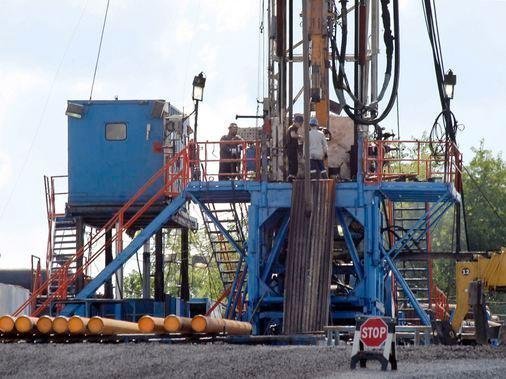The Weekly Word: The Safety of Fracking
Sue Mickley, a health and energy researcher of 30 years, joins Jason Spiess and Stephen Heins on the Weekly Word. Her background has been in public health and community needs.
With the recent boom in unconventional drilling (aka fracking) including 800 new wells in Pennsylvania, Mickley has become very conversant on the economic development effects that new energy and unconventional oil have had on 6 counties in PA directly effected. As for facts, she used the health data from the State of Pennsylvania for her Report and her results were very positive.
“I have been troubled by the ‘picking and choosing of information’ being used in many recent studies with shock headlines,” said Ms. Mickley. For example, a headline-grabbing study done by UCLA, U of Chicago, and Harvard, has suggested that infants near fracking sites may suffer from lower body weight and respiratory problems. Mickley points out that Study was done by three economists with little experience using state health data.
Heins thought that all environmental/health/energies studies and reports should be required to give full disclosure of its funding and its source, which would reveal any funding-bias from the public and private sectors. And, Mickley whole-heartedly agreed.
Like required of businesses, all “material facts” should be considered public knowledge. Spiess mentioned that he has been interested in economic development in North Dakota since the “Fracking Revolution.” He appreciated the careful detailing and researching that Mickley has done. It confirmed his thinking about the importance of new energy and its community benefits like new roads, hospitals, and housing.
Mickley said it is was very satisfying to tell the “human side” about people living in unconventional drilling country. Heins considers the shale basins a great asset for the local communities and vital to the economic development of the U.S.
Mickley thinks that properly harvested shale oil is a game changer for the effected communities, with better economics, superior health care, and lower mortality rates. Her study confirms it. Spiess mentioned that Mickley provides a real corrective to the environmental narrative.






